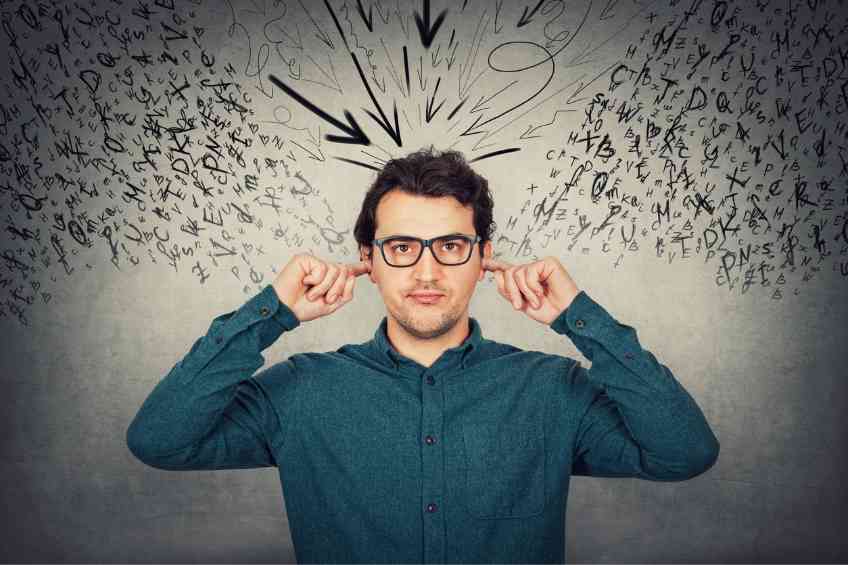By John Salak –
Noise surrounds people and inundates people with noise. It is everywhere and inescapable. Some of these sounds are noticeable: loud music, crowds cheering or active machinery. Most noise is more subtle, almost unnoticeable against the world’s constant buzz. Think of traffic, lawnmowers or people talking in a restaurant. But no matter the circumstance, noise at high decibel levels can hurt long-term hearing and a person’s overall health.
The rise of unhealthy noise is already putting perhaps a billion people worldwide at premature risk of hearing loss.
Decibels (dB) is the measurement of sound. What’s lost on many, however, is what a decibel measures. It doesn’t track loudness, which can be subjective. Instead, it measures intensity. For example, a blasting car horn on an empty street is louder than a car horn on a busy city street. But the intensity level is at issue, not a sound’s relative loudness.
The Centers for Disease Control and Prevention warns that sound over 70 decibels (dB) can cause hearing loss. For reference, a whisper is 30 dB, and a normal conversation is 60 (dB). When sound reaches 120 dB, immediate hearing damage can occur.
The health effects of noise pollution is significant, widespread and not limited to mature adults, which experience “natural” hearing loss with age.
A study published in the BMJ Global Health journal found almost a billion people ages 12-34 are at risk for hearing loss. Part of the reason is that people listen to cell phones and music players at 105 dB. Another study by the National Institute on Deafness and Other Communication Disorders found one in eight people in the United States older than 12 years has hearing loss in both ears.
Hearing danger zones are everywhere. According to Hearing Science, concerts, sporting events, bars, restaurants and fitness classes often exceed dangerous sound. Busy cities that are brimming with sounds of construction, traffic and police sirens are other environments that may go unrealized by many.
“If you’re living in Manhattan, you won’t notice how loud it is after a while because it is normal. But if you habituate to it psychologically, that doesn’t mean it doesn’t have negative health consequences,” warned Mathias Basner, the president of the International Commission on Biological Effects of Noise.
Aside from hearing loss, loud sounds can also be a physiological stressor. A World Health Organization study, for example, found that people in Germany living near the Frankfurt Airport, a source of loud noises, had a seven-percent higher chance of stroke opposed to quieter areas. One reason is that loud noises can disturb sleep patterns even when those affected don’t realize it.
The CDC has also warned that there could be a link between hearing loss and a decline in a person’s mental health, income potential, depression, cognitive impairment and even heart problems.
While urban areas may be impossible to escape harmful noises, there are ways to offset the dangers. Multiple apps are available, for example, that serve as sound meters, which can warn when decibels reach dangerous levels, signaling wearers to head for quieter zones. Another simple solution is to wear earplugs when attending high-volume events, such as concerts or sporting events. Minimize the effect by removing the source or moving away from it. Finally, self-regulation also works. It means keeping the volume on devices at lower levels.












